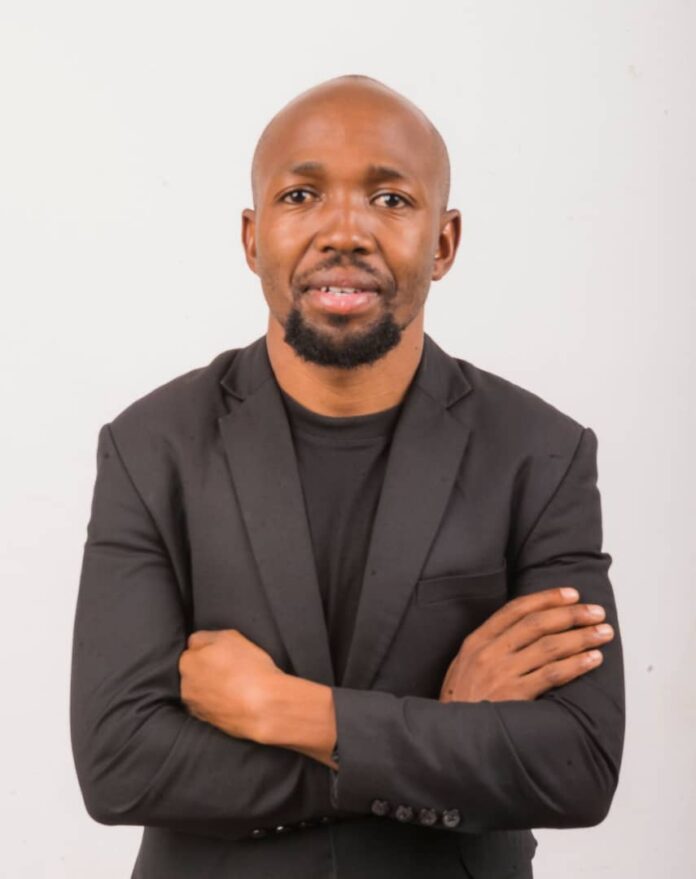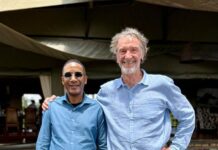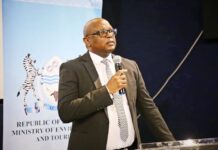Analyser by Political Analyst, Boemo Phirinyane
November 2024. A seismic shift in Botswana’s political landscape. The Umbrella for Democratic Change (UDC), under President Duma Boko, shattered the Botswana Democratic Party’s (BDP) 58-year iron grip, igniting a fervent hope for sweeping change across the nation. But even as the celebratory dust settles, the harsh reality looms: transformational reform is a marathon, not a sprint.
New governments, especially ones inheriting decades of entrenched power, don’t simply flip a switch. The very gears of bureaucracy—endless regulations, labyrinthine approvals, and layers of oversight—are designed for caution, not speed. This intricate dance of red tape, though essential for accountability, inevitably breeds frustration, a perception of glacial progress. Add to this the fickle nature of politics, the relatively short shelf-life of leaders, and the ever-present threat of abandoned projects, and you have a recipe for inertia. Without crystal-clear plans and robust strategies, even the most well-intentioned reforms dissolve into internal squabbles or systemic resistance. The public craves instant gratification, amplified by election cycles, but true, long-lasting impact demands time, meticulous planning, and relentless effort. Policies, from conception to tangible reality, are a complex, multi-stage undertaking, demanding alignment, resources, and the foresight to navigate unforeseen obstacles.
So, for the people of Botswana, patience isn’t just a virtue; it’s a necessity. Translating grand campaign promises into concrete policies and legislation is a brutal grind, involving intricate proposals, internal approvals, and often, legislative battles, especially when budgets and existing laws are on the line. The UDC also inherits an economy tethered to the volatile diamond market, meaning fiscal pressures will inevitably dictate the pace and scope of their ambitious agenda. Deeply ingrained institutional norms and bureaucratic resistance will be a formidable foe, demanding strategic leadership and unwavering communication to foster a true culture of change. Rushing into ill-prepared policies guarantees failure.
Yet, even as the scale of the challenge becomes clear, the new administration has wasted no time in laying down markers. In December 2024, President Boko appointed Aobakwe Monamo as Deputy Director General of the notoriously scrutinised Directorate of Intelligence Services (DIS)—a bold move signaling a commitment to transparency. Then, in January 2025, Honorable Gaolapelwe Ketlogetswe stepped in as Chief Justice, openly acknowledging the judiciary’s tarnished image and vowing to restore trust through annual press conferences and a roadmap to tackle resource shortages and judgment backlogs. More recently, Thabo Malambane has been appointed as the Deputy Director General of the Directorate of Corruption and Economic Crimes, bringing with him a wealth of experience from his time as a prosecutor, magistrate and private attorney.
Beyond institutional reform, the UDC is already making tangible moves on the ground. April 2025 saw the launch of the ambitious Bonno Housing Project, aiming for a staggering 100,000 housing units nationwide over five years, with 3,000 earmarked for Gaborone within the next two. This isn’t just about shelter; it’s about wealth transfer and job creation. Social welfare has also seen an immediate uplift, with the old age pension jumping to P1,400 per month from P830, effective April 1, 2025—a clear commitment to lifting the vulnerable. And in a crucial step towards equitable opportunity, vocational student allowances have been increased to P1,900, finally aligning them with university students, addressing a glaring disparity.
Botswana’s new chapter is underway, brimming with expectation. The road ahead is long, fraught with bureaucratic hurdles and economic realities. But the early strides of the UDC government—their proactive approach to transparency, institutional integrity, housing, and social welfare—offer a tantalizing glimpse of a proactive administration. This is the beginning of a longer journey, where the urgency of immediate needs must be carefully balanced with the necessity of strategic, long-term planning. The nation watches, and with a measure of patience and unwavering engagement, they will undoubtedly play a vital role in shaping the future of Botswana.



